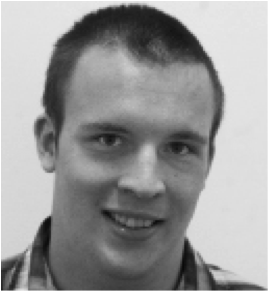The St. John’s Law School hosted a conference on Nov. 4th on the history, present and possible future of retributivism in the United States criminal justice program.
The conference gathered scholars from around the country to discuss the policy of retributivism, which is defined as a policy or theory of criminal justice that advocates the punishment of criminals in retribution for the harm they have caused.
A special focus was put on the new book Retributivism: Essays on Theories and Policy, edited by Mark White, a professor at the College of Staten Island. Many of the panelists at the conference were also contributors to the book.
Law school professor Marc DeGirolami helped to organize the event with White. White said that he felt that the conference allowed to the contributors of the book to have a more personal conversation on the topic. “It’s one thing to have a book about [retributivism], but it’s another thing
to have them interact in person,” he said.
DeGirolami said that the guest list represented some of the best scholars on the topic, but also some who are voicing their opinions for the first time. “Most of the folks are contributors to the book so they’re familiar with each other’s work and they either know or see each other often. We also have some new people with new voices,” he said.
The panelists for the first topic of the conference focused on conceptualizing retributivism. The main argument was on if and how retributivism could work in the criminal justice court system.
Panelist Michael Cahill, a professor at Brooklyn Law School, discussed the pluralism of retributivism, saying that not only can it be useful in punishing those who commit crimes, but can also be used to deter people in the future from committing any other crimes. He realized though that in order to implement the punishments that funding for other programs such as education, public road repairs and others would suffer.
Panelist Dan Markel, professor of law at Florida State Univeristy, briefly discussed the moral duty of the criminal justice program to seek out retribution. Markel said that by not seeking out justice, the courts are failing in their duty to respect the victim. “By not responding to crimes that are disrespectful to
the victim we might be softly ratifying wrongdoings,” he said. “There needs to be good justification for not going after wrongdoings and allowing injustice to fester.”
During the second panel, the philosophy of retributivism was briefly discussed. Panelist Sarah Holtman, philosophy professor at the University of Minnesota, said that when considering whether or not to seek out retribution, an eye for an eye philosophy should be used. “Punishment not only has to fit the crime, it has to be the crime,” she said.
White talked about how the obligation to seek out justice and the obligation for other programs in society to prosper is not a challenge, but rather an “avenue of opportunity.” He said that when choosing the best way in order to implement any program is “the best way that preserves one’s moral integrity.” He went back to Cahill’s point in maybe using retributivism to not only punish criminals, but deter future ones.



















